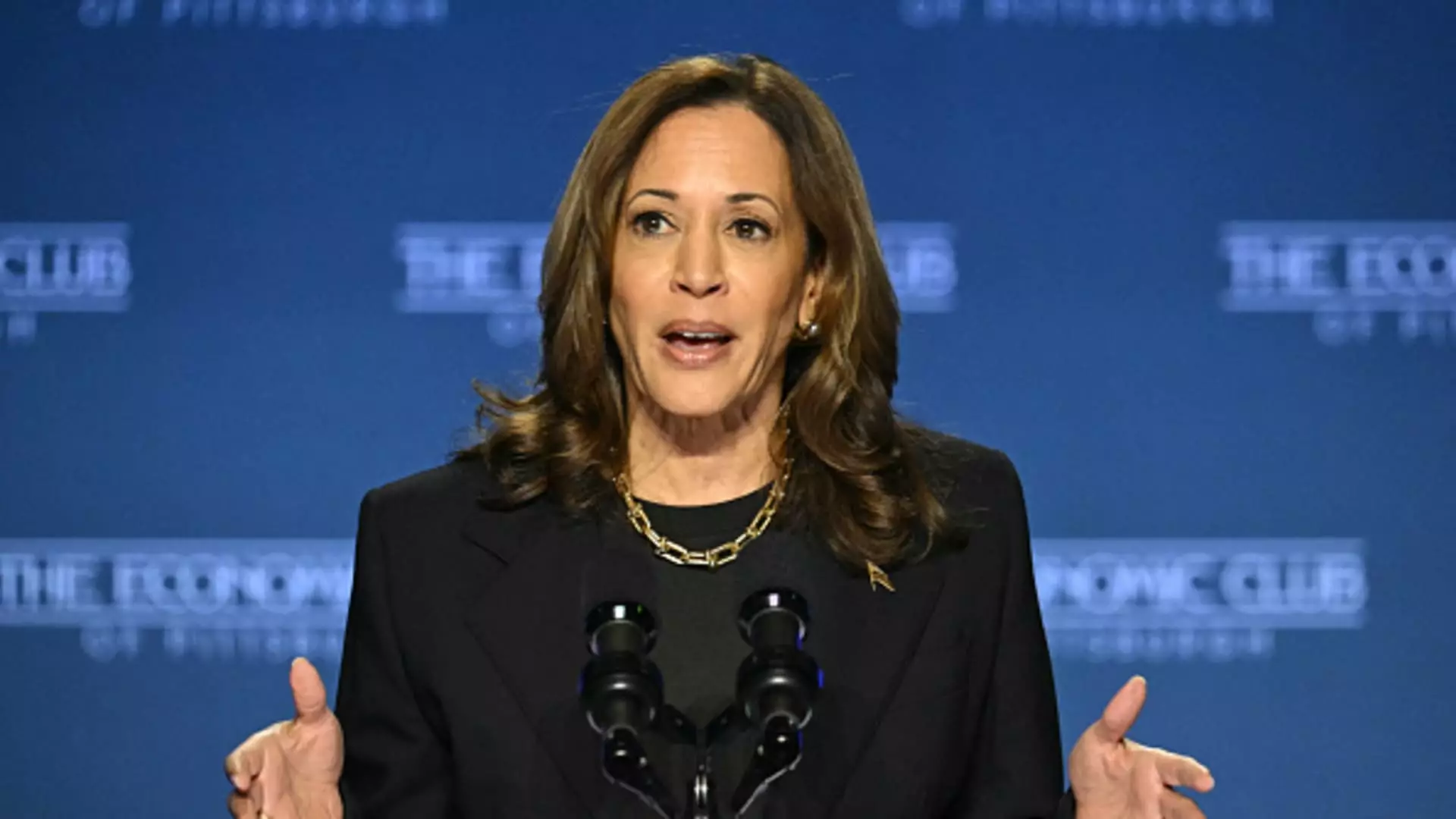A recent survey conducted by UBS has shed light on the voting intentions of millionaire investors, revealing a complicated relationship between economic perceptions and political support. While 57% of respondents express their intention to vote for Vice President Kamala Harris in the upcoming election, a noteworthy contradiction arises; these same investors assign former President Donald Trump a more favorable assessment regarding the economy. This peculiarity raises questions about how economic performance influences political allegiance, particularly among those with considerable financial resources.
The data indicates a stark division along party lines. Harris garners overwhelming support from Democratic millionaires, receiving 91% of their votes. Interestingly, she secures only 12% of Republican votes and a moderate 60% of independent voters. Conversely, Trump boasts solid backing from Republican millionaires, with 88% in his corner, while only attracting 9% of Democrats and 40% of independents. This division suggests that political affiliation plays a crucial role in shaping investment perspectives and decision-making, reflecting broader national trends.
The economy ranks as the primary concern for 84% of millionaire investors taking part in this survey. Other significant issues, such as Social Security (71%), taxes (69%), and immigration, follow closely behind. Despite their preference for Harris, participants are not blind to the attributes of Trump’s economic policies. The survey reveals that 51% of respondents regard Trump as more capable of handling economic challenges, while 49% favor Harris. This slim margin highlights an area where economic results can sway voter intentions, even among those who ultimately support a candidate.
On the specific issue of taxation, Trump’s stance appears more favorable to these investors, with him leading Harris by 52% to 48%. Although Trump’s plan to extend the 2017 tax cuts is attractive to many, Harris aims to limit such benefits to individuals earning less than $400,000, while pushing for higher taxes on wealthier individuals and corporations. This taxation debate reflects the essential balance millionaire investors seek between their financial interests and broader societal obligations.
Despite the polarized political landscape, the survey reveals an underlying positivity among millionaire investors regarding economic prospects. A significant 55% express high confidence in the economy, showing an increase from 43% during the tumultuous 2020 election cycle marked by the pandemic. The optimism extends to their portfolios, with three-quarters of investors expressing confidence in their returns over the next six months.
The impending election is prompting many high-net-worth individuals to rethink their investment strategies. Investors predict differing market dynamics depending on the outcome; should Trump prevail, defense and energy stocks are expected to thrive. In contrast, a Harris victory would likely benefit sectors like health care, sustainable investments, and technology. This dichotomy points to the strategic outlook wealthy investors maintain, adapting their portfolios to align with anticipated political climates and economic policies.
This survey not only reveals the divergent political inclinations of millionaire investors but also underscores the intricate interplay between their economic assessments and voting behaviors. As the election approaches, these dynamics will undoubtedly shape both the political landscape and the financial markets.

